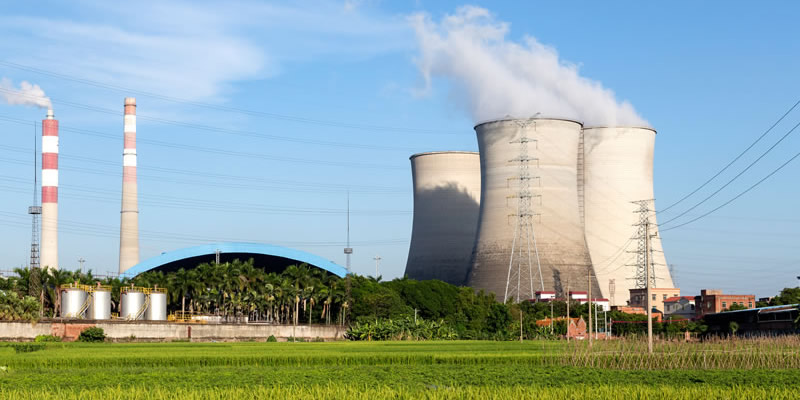Fossil fuels are energy resources made up of millions of years of remains of dead plants and animals buried underneath trash and rock. Later rotting without the presence of oxygen, connected with naturally appearing heat beneath the earth, and pressure on soil and dirt converted these dead plants and animal matter into fossil fuels. Fossil fuels are used to power everything from cars to lights in the home.
For coal to form, heavy plants are required. In addition, the debris of plants must be buried, compressed under high pressure, and protected from erosion. Even with these favorable conditions for the composition of coal, it would not form unless the plant’s debris was drowning and buried by debris.
 Oil is sometimes known as petroleum. When these plant and animal species die, they drop to the ocean floor and form a sedimentary float of decomposing matter. Debris starts to pile up on the decaying plant and animal matter.
Oil is sometimes known as petroleum. When these plant and animal species die, they drop to the ocean floor and form a sedimentary float of decomposing matter. Debris starts to pile up on the decaying plant and animal matter.
The advantages of fossil fuel use are commonly associated with the convenience and ease of using consequent energy methods. However, despite their benefits, using fossil fuels leads to harmful environmental impacts.
The technology we use to secure the energy in fossil fuels, such as oil rigs and drilling material, is well developed. The common cause is that fossil fuels have been used to power our world for many decades. That makes it easy for utility companies and the energy sector to depend on old forms of energy like fossil fuels instead of establishing them to be more effective.
Disadvantages of fossil fuels contribute to climate change
Fossil fuels are basic operators of global warming. When fossil fuels burn, they release extensive harmful byproducts called greenhouse gasses into the atmosphere.CO2 traps an unnatural amount of heat into the atmosphere that favors changing weather patterns, hotter temperatures, more scarcity makes variable rainfall and an overall less hospitable planet.
Non-renewable
Fossil fuels are non-renewable sources of energy. These explain that non-renewable resources are available, and their reserves are not renewable naturally. While fossil fuels are made up of rearranged organic matter, like dead plants and animals, they take millions of years to form.
Unsustainable
There is no safe amount of fossil fuel use because burning fossil fuels in power plants lead to CO2 leaks and air pollution. By chance, renewable energy sources are becoming cheaper and more competitive.
Incentivized
One of the causes why fossil fuels are considered cheap is due to a history of government stimulus. Suppose renewable resources and alternative energy options are ever going to compete with the fossil fuel industry in a meaningful way. In that case, we need to begin financing them more than fossil fuels.
Fossil fuel and utility companies have been caught in politics since they rolled out electricity in the early 1900S, making it challenging to clear up their hold over the energy market.
















